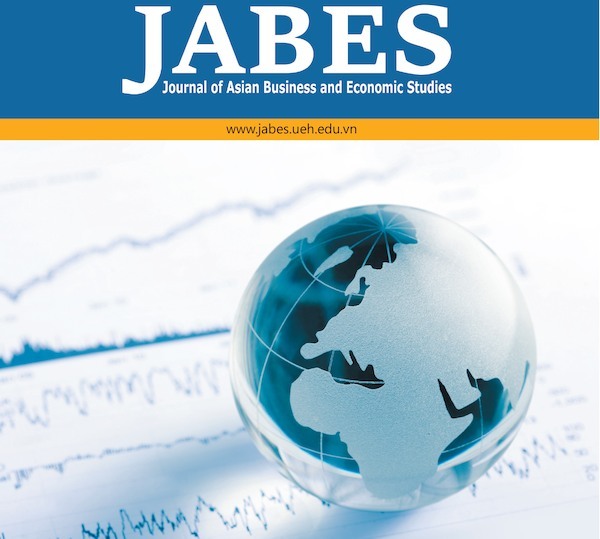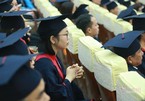 |
JABES was formerly known as the Economic Development Review Magazine with the first Vietnamese edition published in 1990. The first English edition was issued in 1994 with the name Economic Development Review, then changed to Journal of Economic Development from 2012.
On January 2018, its name was changed to Journal of Asian Business and Economic Studies - JABES.
JABES has two versions including the English version (JABES-E) with 4 issues/year in the system of Emerald International Publishing House, and the Vietnamese version (JABES-V) with 12 issues/year. Since its official presence on the database of Emerald International Publishing House (May 2018), JABES-E has published 12 issues with 72 research articles from 162 authors from over 30 countries around the world. The number of foreign authors accounts for more than 75%.
JABES has an annual post approval rate of about 12%. The entire review and approval process for an article takes 190 days.
As of the fourth quarter of 2021, JABES-E has a provisional Citescore index of 4.46 (number of citations/number of articles published in the period 2018 - 2021). Its four sub-categories - Finance, Economics and Econometrics, Business and International Management - are in the highest percentile (Q1).
The JABES’ Scopus review application process has been going on since November 2021 and it received an official letter of recognition for the list of Scopus journals a few days ago.
Scopus was built in November 2004 and is owned by the prestigious international publishing house Elsevier (Netherlands). This is a bibliographic database containing abstracts and citations of scientific articles.
Le Huyen

Vietnam publishes more than 32,000 international articles in one year
Vietnam had 10,850 WoS (ISI) articles and 21,530 Scopus articles in 2020. The total increased by 27% compared to that of 2019 and was double that of 2018.

17,000 research articles published internationally in 2020
Vietnamese authors have published 17,028 articles internationally this year in Scopus journals, including ISI, according to Elsvier.